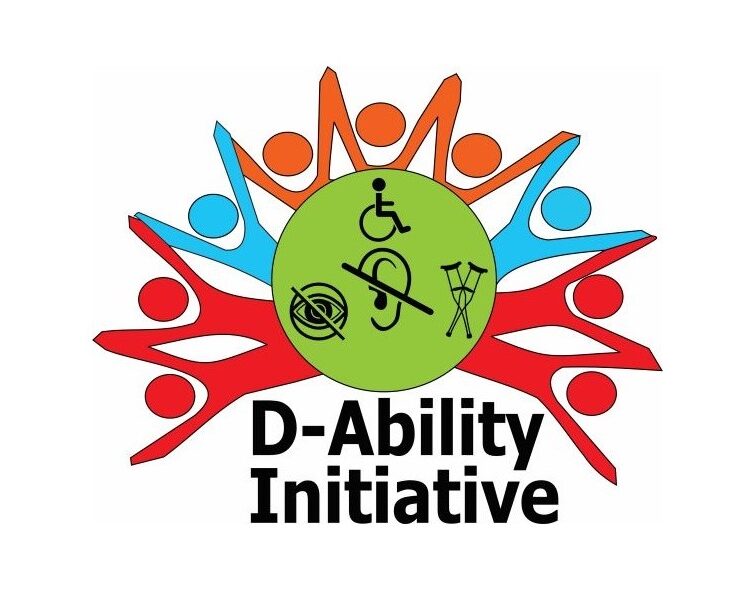The issue of poor compliance of Civil Society organisations (CSOs) to existing civil society regulations can be attributed to so many factors including CSOs lack of the requisite knowledge and information about these regulations and how to go about such compliance. This assertion was reinforced by the outcome of the survey conducted by European Union (EU-ACT) programme in March 2021 to establish the current levels of compliance with legal frameworks amongst its supported CSOs/Networks/CBOs in the FCT (Abuja), Lagos, Sokoto, Kano, Rivers, Edo, Adamawa, Enugu, Plateau and Borno States. On this note, the ACT organised trainings for its partner CSOs/Networks/CBOs across the aforementioned 10 focal states to improve CSOs’ awareness of the important regulations (CAMA, Taxation, Anti-Terrorism and Money Laundering, and Pension) and how they affect their operation; capacitate them on how to become effective in their compliance obligation to these regulations; as well as improve their compliance to them.
The hybrid training was held for two days in each of the Programme’s focal states with participants comprising two representatives per organisation for in-person attendance, and one representative for virtual attendance. Working in partnership with relevant regulatory agencies, Corporate Affairs Commission (CAC), Federal Inland Revenues Service (FIRS), Special Control Unit Against Money Laundering (SCUML) and Pension Commission (PenCom), the training enabled EU-ACT CSO partners to gain in-depth knowledge of the requirement of the laws/regulations as well as receive continuous guidance on how to meet these requirements effectively and efficiently. Representatives of these regulatory agencies would participate (in-person) in the training to provide technical inputs as well as address any compliance issues participant organisations might have.
We are grateful to European Union, British Council, and the Agents for Citizen-Driven Transformation (ACT). The CSO Regulations and Compliance Training offered us a wonderful opportunity to meet and interact with the specialists and officials of key government Ministries, Departments, and Agencies (MDAs)s that are responsible for the management and administration CSO Regulatory framework.
D-Ability Initiative now has a better understanding of how to file our tax returns, how and to whom we are required to remit our Pay As You Earn (PAYE), and withholding taxes. We also have better knowledge of our limitations and boundaries as regards the extent to which we can operate in the context of the objects of our registration with the Corporate Affairs Commission (CAC). It was also delightful to know that there is a platform that can enable us to file our Annual Returns with the CAC. We also have a better understanding of how to cooperate with the Economic and Financial Crimes Commission (EFCC) in promoting financial propriety.
